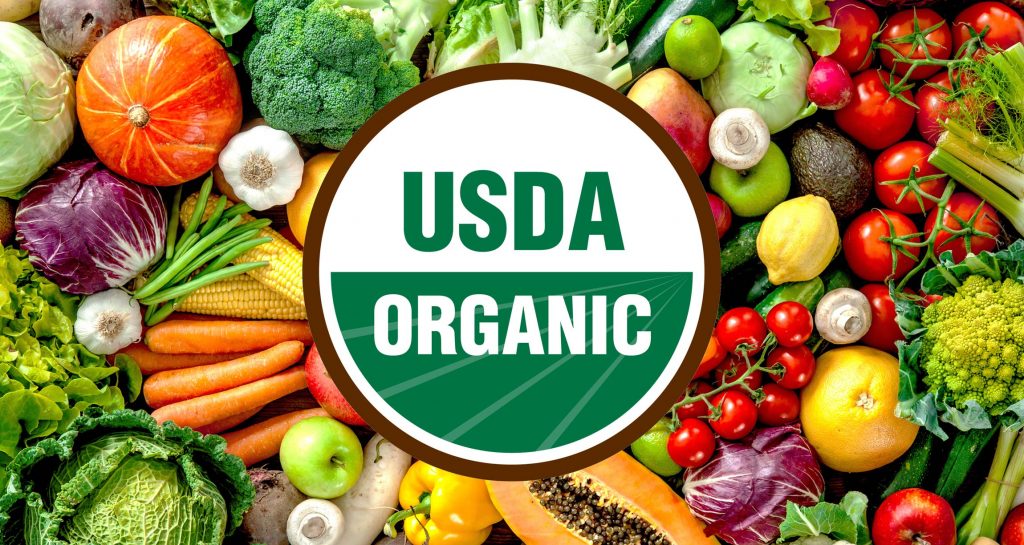You may be wondering whether or not to switch to organic food. There are many reasons to do so. Read on to learn more about the benefits of organic food, its cost, and ingredients. Also, learn about the possible health benefits of this food. Whether you choose to eat primarily organic or buy conventionally grown items is a personal choice. There are also many ways to save money on your food bill while enjoying the benefits of organic foods.
Cost of organic food
Although conventional food prices are already high, the price of organic foods is still more expensive than conventional foods. For an average family, switching to organic food is likely to cost about Rs 1,200 to Rs 1,500 per month. The cost of organic food is largely due to the increased packaging and logistics involved in the production and distribution of organic products, and specialized farmer training costs. Another factor contributing to the higher cost is that organics are not always available in sufficient quantities.
Organic foods are not always more nutritious, and the sugar, fat, and calories found in some baked goods are still high. Additionally, organic farming is much more expensive than conventional farming practices. For instance, the feed for livestock is twice as expensive as conventional feed, and organic farms tend to be smaller than conventional farms, so their overhead costs need to be spread over a smaller volume of produce. Organic farms also tend to be smaller and use organic techniques, which results in higher prices.

Ingredients in organic food
In the wake of the coronavirus outbreak, consumers have been increasingly demanding organic and sustainable food. One in two consumers now checks the ingredient list before buying a product. With so many health and ethical concerns, it’s essential to know what is going into our bodies. Thomas Schmidt, marketing director for BENEO, talks about the growing consumer interest in label transparency and organic functional ingredients. Read on to learn more about organic ingredients.
The National Organic Standards Board, a panel of experts appointed by Congress, recently rejected petitions claiming that synthetic nutrients should be allowed in organic food. Because of this, some companies have asked the USDA to keep the loophole open and delay enforcement action. The Cornucopia Institute offers a sample letter for organic producers to use. The USDA should not be allowing synthetic nutrients in organic food without first seeking approval from NOSB.
Pesticide residues in organic food
The food industry is facing a major dilemma: how to keep the levels of pesticide residues in organic food below safety standards? The good news is that research has shown that most pesticide residues are well below the Acceptable Daily Intake (ADI) for humans and the environment. The ADI is set by the government to ensure that people receive only the safest levels of pesticides. It is based on studies in which scientists give pesticides to animals and monitor the results for toxicity. The highest amount of pesticide residues was generally 100 times less than the ADI.
Organic products should not contain pesticide residues. These chemicals can enter the soil through air, water, and plants. Often, the residues from pesticides used on nearby conventional crops can drift onto organic farms. This contamination has a profound effect on organic farmers. This is one of the main reasons that many organic farmers choose to grow only organically. However, they have to make sure that the organic products they sell are free of these residues.

Health benefits of organic food
The organic food industry is booming in the U.S., where 78 percent of families purchase it. Organic produce is rich in antioxidants, a powerful nutrient found in fresh fruits and vegetables. These compounds are known to prevent many types of cancer, including colon, prostate, and breast cancer. In fact, some studies show that organic produce has higher levels of antioxidants than conventionally produced produce. One such study published in the Journal of Science of Food and Agriculture found that organic broccoli had higher antioxidant content than conventionally grown broccoli.
Chemical pesticides have been linked to many diseases, including digestive dysfunction, headaches, and birth defects. Consequently, organic food is safer to eat and promotes a strong immune system. Organic food is also much more nutritious, as it contains essential vitamins and minerals that boost the body’s immune system and improve overall health. Furthermore, it’s more regionally-grown, so organic food often tastes better. Organic foods are better for you, and they’re better for the environment too.




